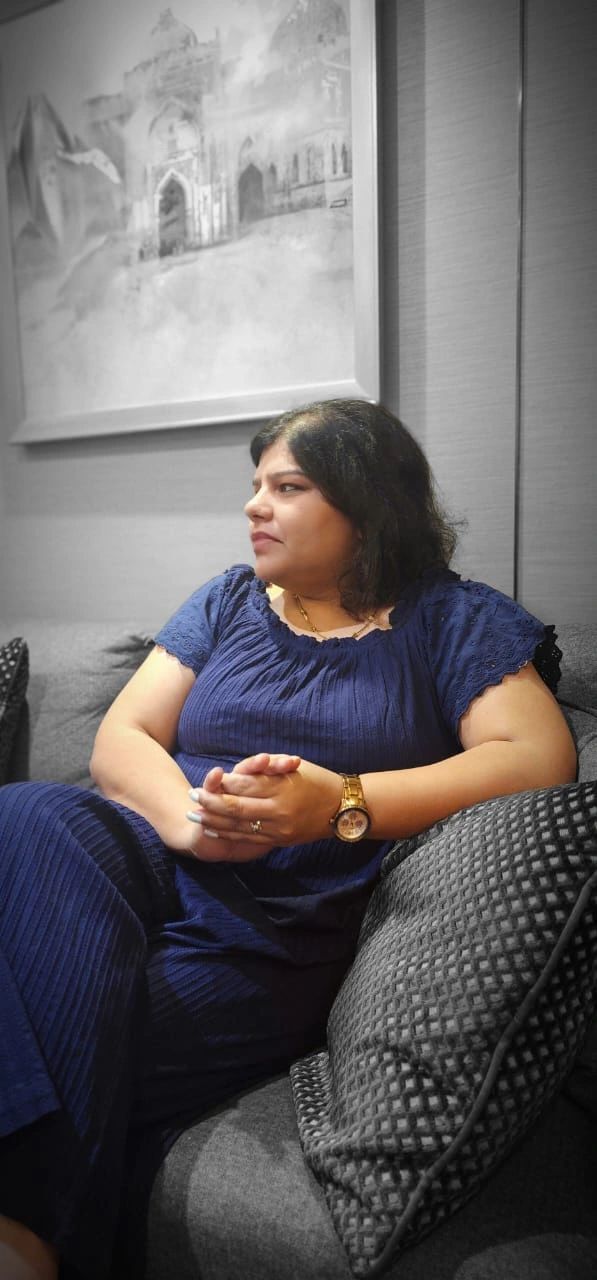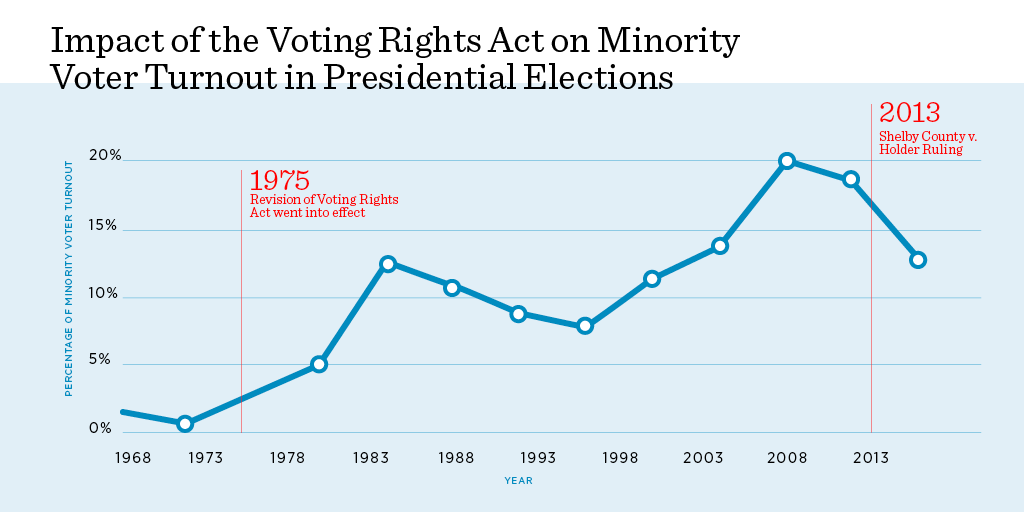Breaking The Silence: Improving Mental Health Awareness With Dr. Shradha Malik

Table of Contents
The Importance of Open Dialogue and Reducing Stigma
The pervasive stigma surrounding mental health significantly impacts an individual's willingness to seek help and treatment.
Understanding the impact of stigma on seeking help.
- Fear of judgment: Many individuals fear negative repercussions from friends, family, colleagues, or society at large if they disclose a mental health condition. This fear of being judged, ostracized, or discriminated against can be a powerful deterrent to seeking professional help.
- Social isolation: The stigma associated with mental illness can lead to social isolation, further exacerbating symptoms and hindering recovery. Individuals may withdraw from social activities and relationships, fearing rejection or misunderstanding.
- Discrimination in employment and relationships: Stigma can manifest in discrimination in the workplace, leading to job loss or lack of opportunities. Similarly, relationships can suffer due to misunderstandings and lack of support.
A recent study revealed that over 60% of people experiencing mental health challenges do not seek professional help due to the fear of stigma. This statistic highlights the urgent need to address the stigma and foster a more supportive and understanding environment.
Strategies for fostering open conversations about mental health.
- Educate yourself and others: Learn about various mental health conditions and how to offer support effectively. Share accurate information to dispel myths and misconceptions.
- Use inclusive language: Avoid stigmatizing labels and use person-first language (e.g., "person with depression" instead of "depressed person").
- Actively listen and validate experiences: Create a safe space for individuals to share their experiences without judgment. Show empathy and understanding.
- Challenge stigma when you see it: Speak up against stigmatizing remarks or behaviors. Educate others about the impact of their words and actions.
- Promote positive mental health stories: Share stories of recovery and resilience to counteract negative stereotypes and show that recovery is possible.
To further develop your communication skills, consider exploring resources such as the Mental Health America website or the National Alliance on Mental Illness (NAMI) website. These offer valuable information on effective communication techniques and strategies for addressing stigma.
Dr. Malik's Expertise and Approach to Mental Health Treatment
Dr. Shradha Malik is a highly respected mental health professional with extensive experience in [mention Dr. Malik’s specialization, e.g., cognitive behavioral therapy (CBT), trauma-informed care, etc.]. She holds a [mention degrees and certifications] and has dedicated her career to helping individuals overcome mental health challenges.
Dr. Malik's background and specialization.
[Expand on Dr. Malik’s background, highlighting relevant experience, publications, or areas of expertise within mental health. For example: "Dr. Malik specializes in treating anxiety disorders and depression using evidence-based therapies such as CBT and mindfulness-based techniques. She also has extensive experience working with adolescents and young adults facing the unique challenges of this life stage."]
Key principles of her therapeutic approach.
- Patient-centered care: Dr. Malik prioritizes understanding each patient's unique needs and tailoring treatment plans to their individual circumstances.
- Evidence-based treatments: She relies on scientifically proven methods to ensure the most effective and ethical care.
- Holistic approach: Dr. Malik recognizes the interconnectedness of mind, body, and spirit, integrating various approaches to achieve optimal outcomes.
- Specific therapeutic techniques: [List the techniques she uses, e.g., "She frequently utilizes mindfulness practices, cognitive restructuring, and exposure therapy in her sessions."]
Success stories and patient testimonials (if available).
[Include anonymized positive feedback from patients, emphasizing the positive impact of Dr. Malik's work. For example: “Dr. Malik’s compassionate approach and effective therapies have helped me navigate through a challenging time in my life. I feel empowered and equipped to manage my anxiety now.”]
Practical Steps to Improve Your Mental Well-being
Taking proactive steps towards improving your mental well-being is crucial for overall health and happiness.
Self-care strategies for managing stress and anxiety.
- Exercise: Regular physical activity releases endorphins, which have mood-boosting effects.
- Mindfulness: Practicing mindfulness techniques like meditation can help reduce stress and improve focus.
- Healthy diet: Nourishing your body with a balanced diet provides the essential nutrients for optimal brain function.
- Sufficient sleep: Aim for 7-9 hours of quality sleep each night for improved mood and cognitive function.
- Social connection: Maintaining strong social connections provides support and reduces feelings of isolation.
- Setting boundaries: Learning to set healthy boundaries protects your mental and emotional well-being.
Recognizing the signs and symptoms of common mental health conditions.
- Depression: Persistent sadness, loss of interest, changes in appetite or sleep, fatigue, feelings of worthlessness.
- Anxiety: Excessive worry, nervousness, restlessness, difficulty concentrating, physical symptoms like rapid heartbeat or shortness of breath.
- Stress: Feeling overwhelmed, irritable, having difficulty sleeping or concentrating, experiencing physical tension.
- Burnout: Feeling emotionally, physically, and mentally exhausted, often due to prolonged or excessive stress.
It is crucial to remember that self-diagnosing can be misleading. If you are concerned about your mental health, seeking professional help is essential for an accurate diagnosis and appropriate treatment.
Resources and support networks for seeking professional help.
- Mental health helplines: [List relevant helplines and their contact information]
- Online resources: [List websites, such as the National Institute of Mental Health (NIMH) or the World Health Organization (WHO)]
- Therapists' directories: [Link to online directories for finding therapists]
- Community support groups: [Link to relevant support groups]
Conclusion
Improving mental health awareness is not just a matter of individual well-being but a collective responsibility. This article has highlighted the critical need to reduce the stigma surrounding mental illness, promote open conversations, and prioritize our mental health. Dr. Shradha Malik's expertise and compassionate approach serve as an example of the positive impact professionals can have on individuals’ lives. By implementing practical self-care strategies and seeking professional help when needed, we can collectively break the silence and create a more supportive environment for everyone. Let's break the silence together and prioritize mental wellness! If you are struggling, please reach out to the resources listed above or contact Dr. Malik [Include contact information or website link if permitted].

Featured Posts
-
 Lees Acquittal Overturned Supreme Court Ruling Impacts Presidential Candidacy
May 02, 2025
Lees Acquittal Overturned Supreme Court Ruling Impacts Presidential Candidacy
May 02, 2025 -
 The Mental Health Of A Generation A Call To Invest In Childhood
May 02, 2025
The Mental Health Of A Generation A Call To Invest In Childhood
May 02, 2025 -
 1 Mayis Emek Ve Dayanisma Guenue Tarihce Anlami Ve Oenemi
May 02, 2025
1 Mayis Emek Ve Dayanisma Guenue Tarihce Anlami Ve Oenemi
May 02, 2025 -
 Rechtszaak Kampen Enexis Gevecht Om Stroomnetaansluiting
May 02, 2025
Rechtszaak Kampen Enexis Gevecht Om Stroomnetaansluiting
May 02, 2025 -
 Preview Colorado Buffaloes Vs Texas Tech Red Raiders
May 02, 2025
Preview Colorado Buffaloes Vs Texas Tech Red Raiders
May 02, 2025
